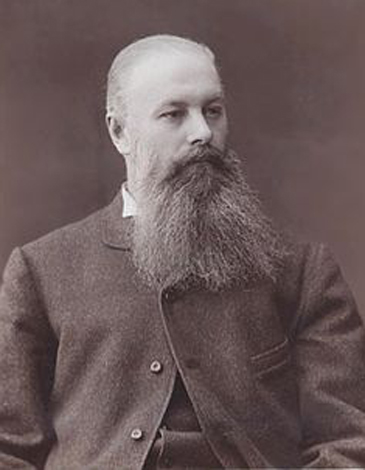Dokuchaev, Vasilii
Dokuchaev, Vasilii [Докучаев, Василий; Dokučaev, Vasilij], b 1 March 1846 in Miliukovo in the Smolensk region, Russia, d 8 November 1903 in Saint Petersburg. Prominent Russian naturalist and agrogeologist, known for his soil classification scheme and his development of an ecosystem theory for soil. His published doctoral dissertation, Russkii chernozem (Russian Chernozem, 1883; Ukrainian transl 1952), is regarded as the foundation of modern genetic soil science and introduced the word ‘chernozem’ into international soil terminology. In 1888–94 Dokuchaev studied the soils and geological conditions of the Poltava region and produced his 16-volume Materialy po otsenke zemel' Poltavskoi gubernii (Materials for the Assessment of the Soils of Poltava Gubernia, 1889–94). After the famine of 1891–2 he outlined a plan for combating drought in his Nashi stepi prezhde i teper' (Our Steppes Then and Now, 1892; Ukrainian transl 1949). In 1892–3 he led a special expedition to investigate drought and recommended a system of irrigation and protective forest belts (shelterbelts) as countermeasures against soil erosion. The findings were published in Trudy ekspeditsii, snariazhennoi Lesnym departamentom pod rukovodstvom professora Dokuchaeva (Transactions of the Expedition Commissioned by the Forestry Department under the Direction of Professor Dokuchaev, 18 vols, 1894–8). Several Soviet research centers were named after Dokuchaev, including the Kharkiv Agricultural Institute. His works in 9 volumes were published in 1949–61. Monographs about him by N. Vernander (1961) and G. Kirianov (1966) were published in Kyiv.
[This article originally appeared in the Encyclopedia of Ukraine, vol. 1 (1984).]
